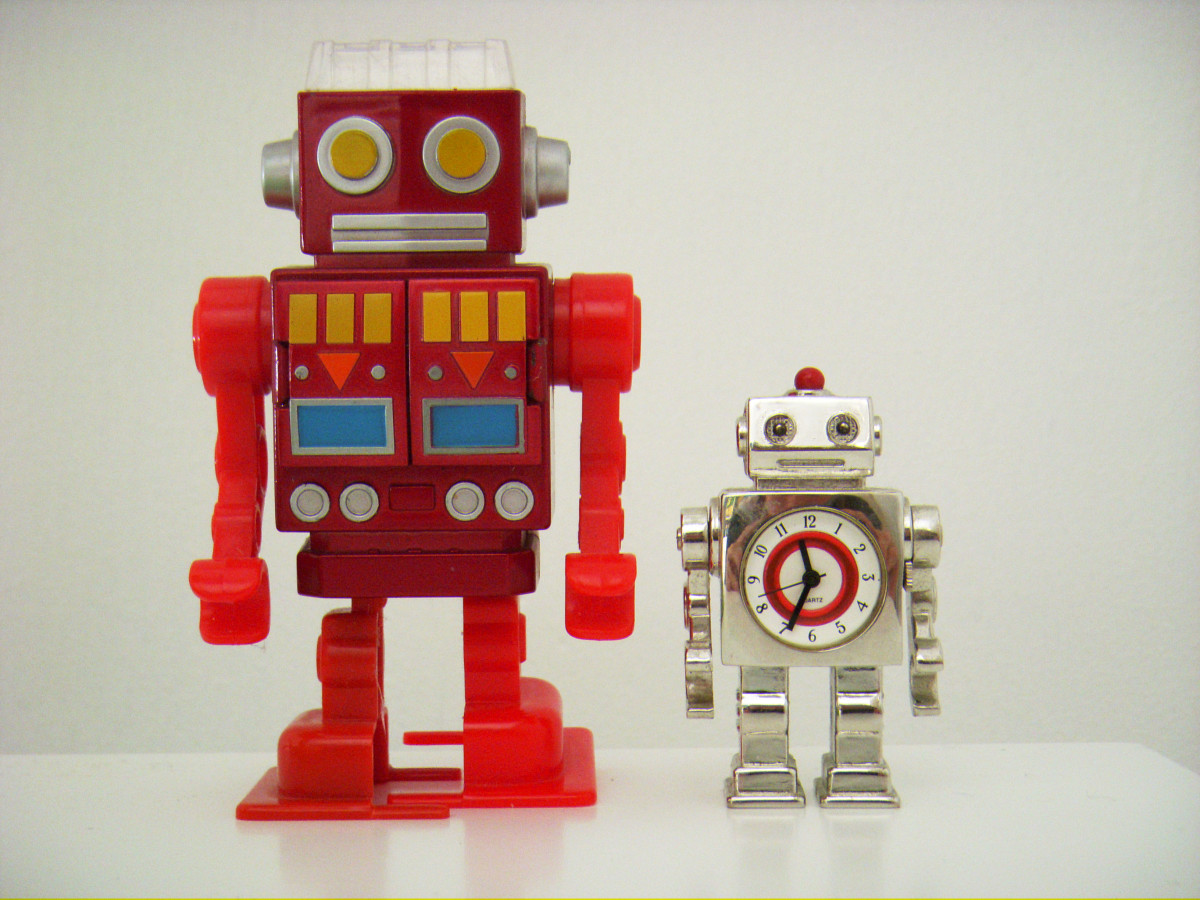Since 1990, Wilmington is one of the U.S. cities that’s seen the biggest increase in robot installations per thousand workers, according to a March 2017 study done by Daron Acemoglu of Massachusetts Institute of Technology and Pascual Restrepo of Boston University. That’s because of the dominance of the plastic, chemical and pharmaceutical industries in the region, Bloomberg reported, as well as the automotive manufacturing industry.
While the study showed that companies that use robots experience an increase in productivity, wages also take a hit.
Read the Bloomberg story
Another development that may lead Delaware to lose more jobs to robots: earlier this year, Amazon, which operates two fulfillment centers in the state and employees thousands of Delaware residents, was granted a patent for a robot that could potentially replace warehouse workers. According to the patent, the robots would pack boxes with orders placed on the company’s site.
Although robots have replaced human workers, the use of them also creates numerous high-paying jobs because someone has to build, operate and fix the robots.
Report: Wilmington’s robot workforce has exploded since 1990







